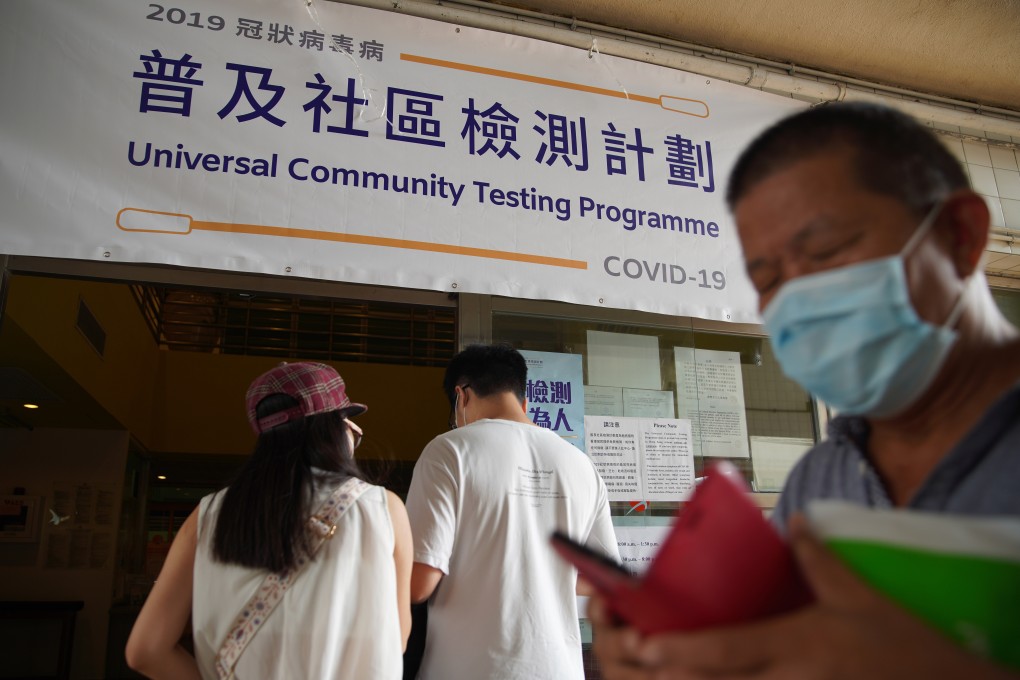Opinion | True aim of Hong Kong’s mass Covid-19 testing is not virus eradication but preparedness
- Hong Kong now has experience organising large-scale, rapid community testing and screening, which gives it a big advantage as the winter flu season approaches along with the risk of a new spike in coronavirus cases

It took less than five minutes. True, it was not a completely comfortable five minutes. The nasal swab tickles and you feel like you need to sneeze. But, in a second, it is over. It was easy, fast and free. What is more, it helps medical professionals and the government gather invaluable information to track the spread of Covid-19 in Hong Kong.
Others say: “I feel fine – why should I get tested?” Motivation is another factor. Many people would grab the chance for a free Covid-19 test if they needed proof of health to travel. But without an immediate incentive, they will not bother.
A Hong Kong clinic recently surveyed 3,000 patients about the testing programme. Surprisingly, more than 80 per cent of respondents said they did not plan to register.

03:13
Hong Kong launches universal Covid-19 tests for residents
Even more surprising, politics and privacy worries did not top the list of concerns. Rather, people were fearful of being pulled from their families and put into government quarantine if they or another family member tested positive. This is something the government should have considered at the planning stage, to encourage broader participation.
